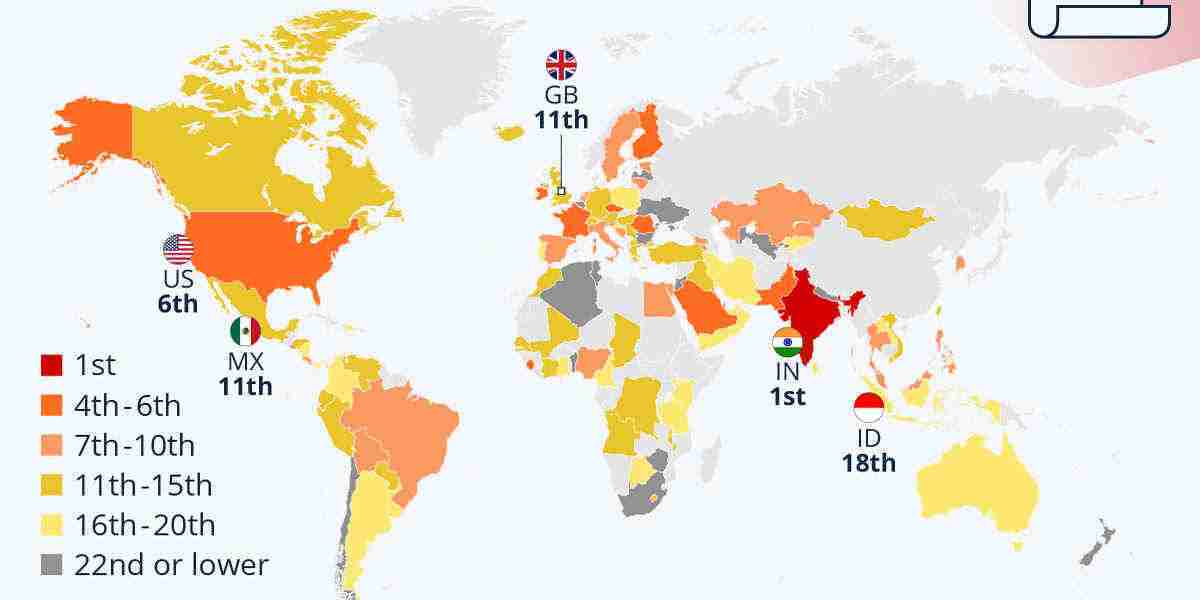Countries where misinformation poses the greatest threat
The chart below shows the varying degrees to which misinformation and confusion are rated as a problem for a selection of countries analyzed over the next two years, based on rankings of 34 economic, environmental, geopolitical, social and technological risks.
Misinformation is defined as a situation where the author has intentionally tried to mislead their audience. Misinformation describes information that is spread beyond genuine belief, but can be just as damaging - as is sometimes the case with conspiracy theories.
India is the country where the risk of confusion and misinformation is highest. Of all the risks, misinformation and confusion were often chosen by experts as the number one risk to the country, ahead of infectious diseases, illegal economic activity, inequality (wealth, income) and labor shortages.The South Asian country's next general election is expected to be held between April and May 2024 in the country of about 1.4 billion people.
As fake news spread in India's 2019 election, Vice reported how parties "weaponized the platforms [WhatsApp and Facebook] to spread inflammatory messages to supporters, raising fears that online anger could spill over into real-world violence."More recently, misinformation via WhatsApp has also become a problem again during the Covid-19 pandemic in India.
As the chart below shows, other countries at high risk of the impact of misinformation and confusion are El Salvador, Saudi Arabia, Pakistan, Romania, Ireland, the Czech Republic, the United States, Sierra Leone, France and Finland, all threats considered.To be one of the 4-6th most dangerous risks facing the country out of 34 in the next two years. In the United Kingdom, misinformation/confusion ranks 11th among perceived threats.
WEF analysts concluded: "The presence of misinformation and confusion in these electoral processes is a reality of newly elected governments.and can seriously destabilize perceived legitimacy, risk political instability, violence and terrorism, and the long-term erosion of democratic processes."
This information is based on 1,490 expert opinions from across academia, business, government, the international community and civil society, through a survey collected between September 4 - October 9, 2023.




